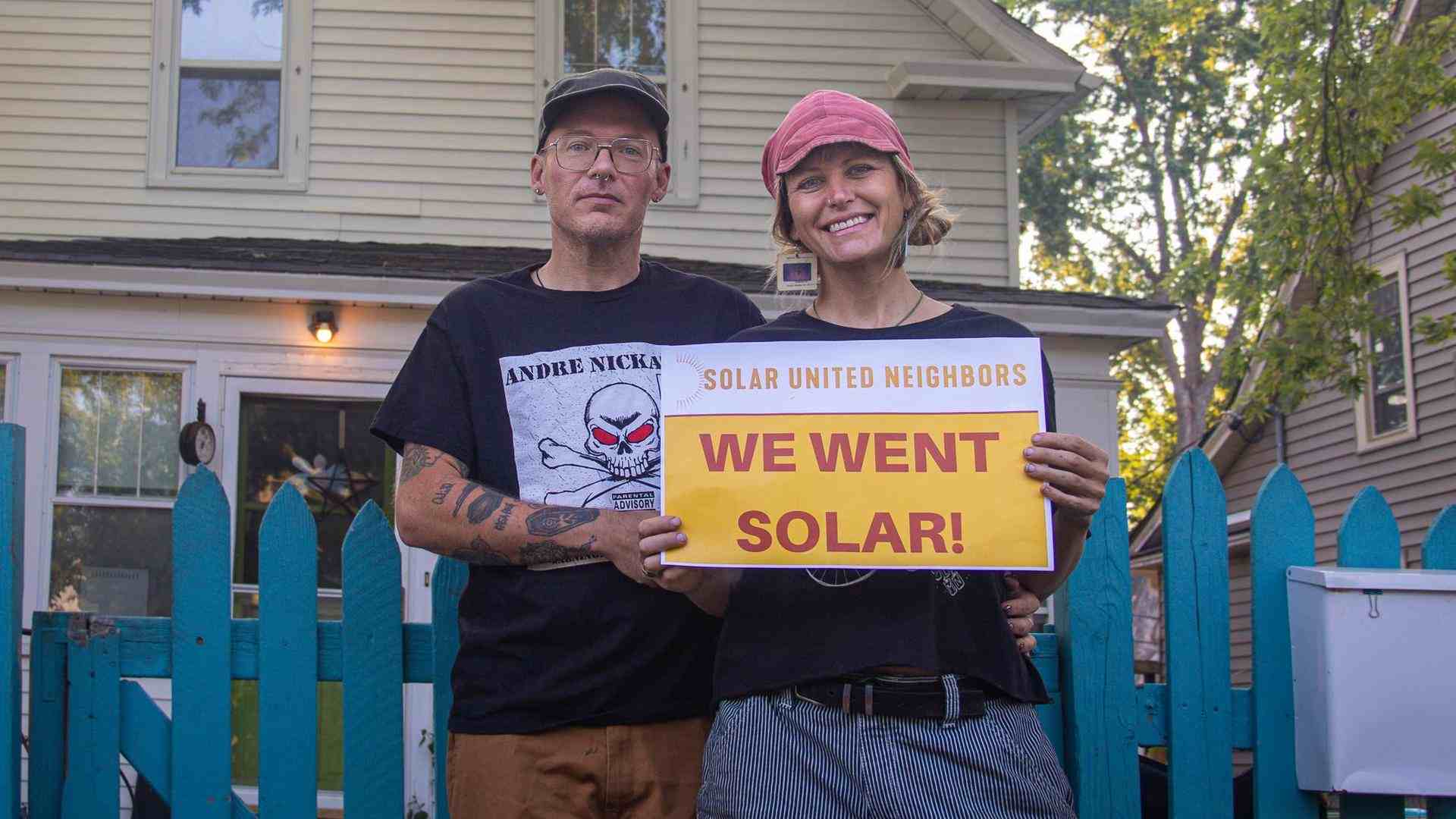SUN, Energy Allies combine to ensure everyone can benefit from solar energy
- Solar United Neighbors

Big things are happening at Solar United Neighbors. Today we’re excited to announce the organization Energy Allies is joining SUN. Together, we have a quarter-century of experience helping people go solar. We’re joining together to help more low-and-moderate income families benefit from solar energy. Energy Allies will bring their in-depth community solar expertise to SUN’s deep rooftop solar experience.
To celebrate, we spoke with Yesenia Rivera, Energy Allies’ Executive Director about the partnership. Yesenia will be joining SUN as our VP of Energy and Equity Inclusion. Three other members of the Energy Allies team, Diana Eddowes, Dru Baker and Bubotu Hachitapika, will be joining SUN as well.
What are you most excited for with this new partnership?
Scale. At Energy Allies, we’ve done individual pilot projects in Boston and Buffalo. Thanks to Solar for All, we now have an opportunity to give anyone who wants to go solar the ability to do so, regardless of income, or home ownership status.
By joining with Solar United Neighbors we can tackle the promise of Solar for All holistically. We can bring our experience with community-led community solar projects to SUN’s experience helping single-family homes go solar.
Tell me about Energy Allies’ model.
We help communities develop solar projects. It’s about giving people, specifically those in climate-impacted communities, a voice in our energy system. The community ownership piece is less important than the fact that communities have a say in how clean energy is deployed. Whether they want to own the systems themselves or bring in developers, it’s important they have a voice.
Communities need to see benefits beyond lowering costs. When done correctly, community solar projects can bring jobs and help communities generate wealth.
What do you see as the biggest opportunity for community solar to help LMI families?
Community solar has the potential to be the most democratic form of energy, it can be accessible to anyone. You don’t have to own a home, or have a good roof. More than half of low- and moderate-income households are renters. Community solar lets the sun shine on them as well.
What do you see as the biggest barrier to expanding community solar options to LMI families?
Policy is the biggest issue right now. Not every state allows for community solar. Nor does every state have the right mix of incentives to ensure that community solar projects will have space for low-to-moderate income families to participate.
This is another reason it’s great to join with SUN. They have solar supporters around the country. I’m excited to work with them to expand solar access.
Get the latest on solar straight to your inbox.
Fight for your solar rights.
Everyone has the right to go solar. Spread the sunshine nationwide and in your local community by taking action, joining events, and more.